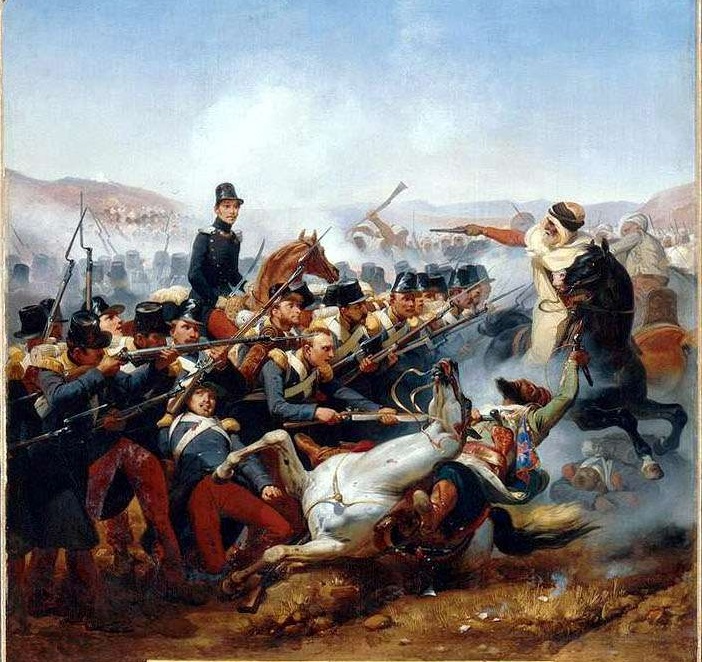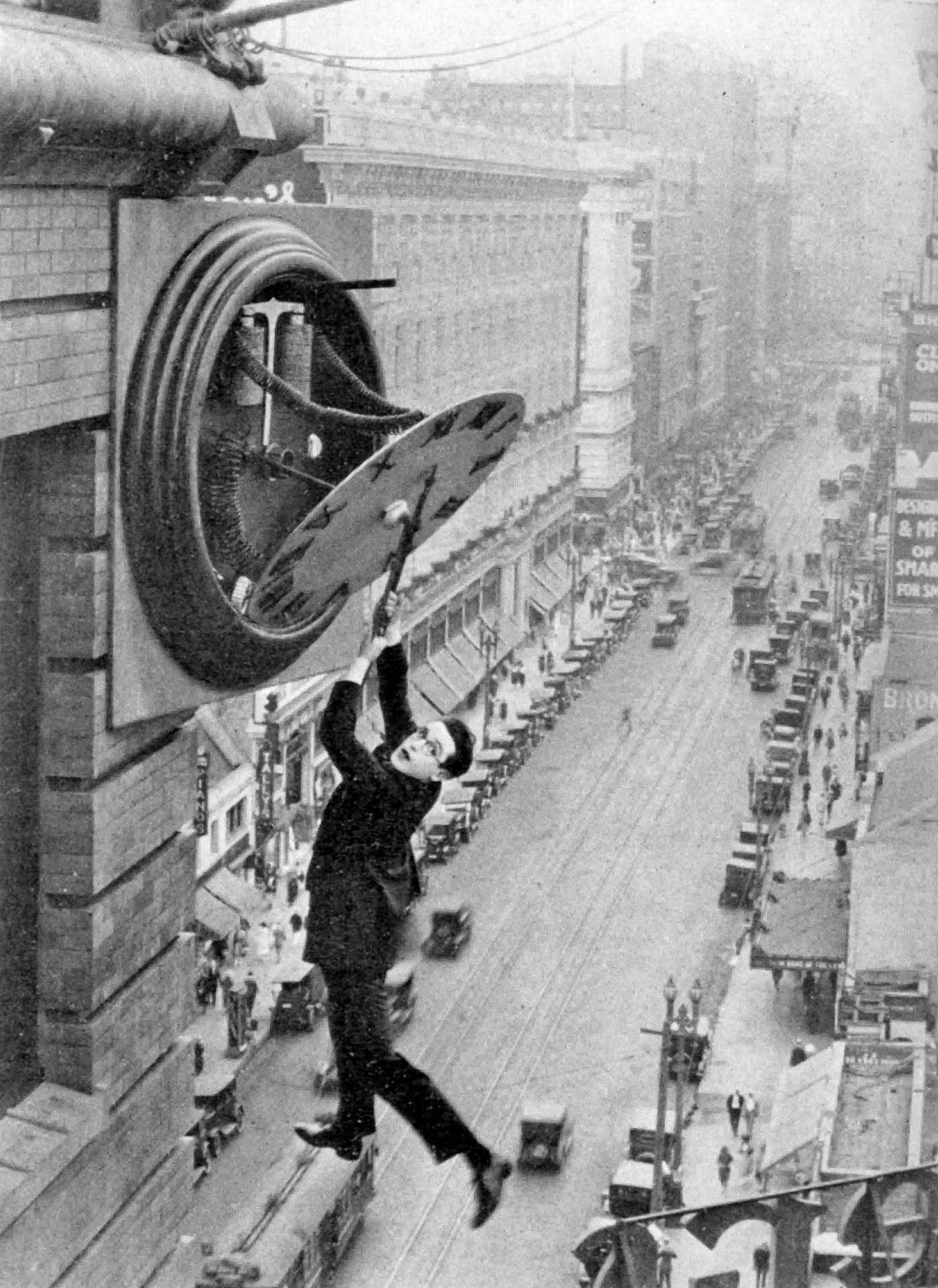|
Chronicle Of The Years Of Fire
''Chronicle of the Years of Fire'' (; ; these names both mean "Chronicle of the Years of Embers") is a 1975 Algerian drama historical film directed by Mohammed Lakhdar-Hamina. It depicts the Algerian War of Independence as seen through the eyes of a peasant. The film won the Palme d'Or prize at the 1975 Cannes Film Festival. It was also selected as the Algerian entry for the Best Foreign Language Film at the 48th Academy Awards, but was not nominated. Plot The film is set between the late 1930s and 1954 and is structured in six chapters, each representing a phase in Algeria's path toward revolution. It follows Ahmed, a peasant farmer, as he becomes swept up in the nationalist movement. Through his story and the lives of other Algerian villagers, the film illustrates the harsh realities of colonialism and the growing consciousness that leads to revolt. Chapter 1: "The Years of Ashes" (1939) The film opens with a portrayal of the daily life of an impoverished Algerian vil ... [...More Info...] [...Related Items...] OR: [Wikipedia] [Google] [Baidu] |
Mohammed Lakhdar-Hamina
Mohammed Lakhdar-Hamina (; 26 February 1934 – 23 May 2025) was an Algerian film director and screenwriter. He is best known for his 1975 film '' Chronicle of the Years of Fire'', which won the at the 1975 Cannes Film Festival and became the first Arab and African film to win the award. He is one of the most prominent figures in contemporary Arabic cinema. Biography Born in 1934 at M'Sila, Algeria, Lakhdar began his studies in his native country. He first became interested in the world of cinema at the Lycée Carnot in Cannes, France. After beginning studies of agriculture and law at French universities, he deserted the French Army in 1958 and joined the anti-French Algerian Resistance in Tunisia, where he worked for the provisional Algerian government in exile. His film career began as he joined the Algerian Maquis (guerrillas). In 1959, the Algerian National Liberation Front (FLN) sent him to Prague, where he pursued his cinematography studies at the cinema school, ... [...More Info...] [...Related Items...] OR: [Wikipedia] [Google] [Baidu] |
Algerian War
The Algerian War (also known as the Algerian Revolution or the Algerian War of Independence) ''; '' (and sometimes in Algeria as the ''War of 1 November'') was an armed conflict between France and the Algerian National Liberation Front (Algeria), National Liberation Front (FLN) from 1954 to 1962, which led to Algeria winning its independence from France. * * * * * * An important decolonization war, it was a complex conflict characterized by guerrilla warfare and war crimes. The conflict also became a civil war between the different communities and within the communities. The war took place mainly on the territory of Algeria, with repercussions in metropolitan France. Effectively started by members of the FLN on 1 November 1954, during the ("Red All Saints' Day"), the conflict led to serious political crises in France, causing the fall of the Fourth French Republic, Fourth Republic (1946–58), to be replaced by the Fifth French Republic, Fifth Republic with a strengthened pres ... [...More Info...] [...Related Items...] OR: [Wikipedia] [Google] [Baidu] |
Omar Mukhtar
ʿUmar al-Mukhtār Muḥammad bin Farḥāt al-Manifī (; 20 August 1858 – 16 September 1931), called The Lion of the Desert, known among the colonial Italians as Matari of the Mnifa, was a Libyan revolutionary and Imam who led the native resistance in Cyrenaica (currently Eastern Libya) under the Senussids, against the Italian colonization of Libya. A teacher-turned-general, Omar was a prominent figure of the Senussi movement and is considered the national hero of Libya and a symbol of resistance in the Arab Arabs (, , ; , , ) are an ethnic group mainly inhabiting the Arab world in West Asia and North Africa. A significant Arab diaspora is present in various parts of the world. Arabs have been in the Fertile Crescent for thousands of years ... and Muslim World, Islamic worlds. Beginning in 1911, he organised and led the Libyan resistance movement against the Italian colonial empire during the First Italo-Senussi War, First and Second Italo-Senussi Wars. Exter ... [...More Info...] [...Related Items...] OR: [Wikipedia] [Google] [Baidu] |
Lion Of The Desert
''Lion of the Desert'' (alternative titles: ''Omar Mukhtar'' and ''Omar Mukhtar: Lion of the Desert'') is a 1981 epic film, epic historical film, historical war film about the Second Italo-Senussi War, starring Anthony Quinn as Libyan tribal leader Omar Mukhtar, a Bedouin leader fighting the ''Regio Esercito'' (Royal Italian Army), and Oliver Reed as Italy, Italian General Rodolfo Graziani, who defeated Mukhtar. It was directed by Syrian-American director Moustapha Akkad and funded by the Libyan Arab Jamahiriya, Libyan government under Muammar Gaddafi. Released in May 1981, the film has received positive reviews from critics, but performed poorly at the box office, gaining revenues of US$1.5 million worldwide despite having a $35 million budget. The film was banned in Italy in 1982 and was only shown on pay TV in 2009. Plot In 1929, Fascist Italy (1922–1943), Italian Italian fascism, fascist dictator Benito Mussolini (Rod Steiger) is still faced with the Second Italo-Senussi W ... [...More Info...] [...Related Items...] OR: [Wikipedia] [Google] [Baidu] |
Lost Command
''Lost Command'' (aka ''Les Centurions'') is a 1966 American war film directed and produced by Mark Robson (film director), Mark Robson and starring Anthony Quinn, Alain Delon, George Segal, Michèle Morgan, Maurice Ronet and Claudia Cardinale. It is based on the best-selling 1960 novel ''The Centurions (Lartéguy novel), The Centurions'' by Jean Lartéguy. The film focuses on the story of French paratroopers battling in French Indochina and French Algeria. Plot In the final moments of the 1954 Battle of Dien Bien Phu, a weakened French battalion awaits a last assault by communist Việt Minh troops. The battalion commander, Basque people, Basque Lt. Col. Pierre-Noël Raspéguy (Anthony Quinn), has called central headquarters for reinforcements. Headquarters sends only a single plane load of French paratroopers, under the command of Major de Clairefons. Despite Raspéguy's attempts to provide covering fire, the paratroopers are slaughtered as they land. Major de Clairefons is kil ... [...More Info...] [...Related Items...] OR: [Wikipedia] [Google] [Baidu] |
The Battle Of Algiers
''The Battle of Algiers'' (; ) is a 1966 Italian-Algerian war film co-written and directed by Gillo Pontecorvo. It is based on action undertaken by rebels during the Algerian War (1954–1962) against the French government in North Africa, the most prominent being the eponymous Battle of Algiers, the capital of Algeria. It was shot on location in a Roberto Rossellini-inspired newsreel style: in black and white with documentary-type editing to add to its sense of historical authenticity, with mostly non-professional actors who had lived through the real battle. The film's score was composed by Pontecorvo and Ennio Morricone. It is often associated with Italian neorealist cinema. The film concentrates mainly on revolutionary fighter Ali La Pointe during the years between 1954 and 1957, when guerrilla fighters of the FLN went into Algiers. Their actions were met by French paratroopers attempting to regain territory. The highly dramatic film is about the organization of a guerri ... [...More Info...] [...Related Items...] OR: [Wikipedia] [Google] [Baidu] |
List Of Algerian Submissions For The Academy Award For Best Foreign Language Film
Algeria has submitted films for the Academy Award for Best International Feature Film since 1969. The award is handed out annually by the United States Academy of Motion Picture Arts and Sciences to a feature-length motion picture produced outside the United States that contains primarily non- English dialogue. It was not created until the 1956 Academy Awards, in which a competitive Academy Award of Merit, known as the Best Foreign Language Film Award, was created for non-English speaking films, and has been given annually since. , four Algerian films have been nominated for Academy Award for Best Foreign Language Film, and one of these films, Costa-Gavras' '' Z'', has won the award. The other two directors to have Algerian films accepted as nominees are Ettore Scola and Rachid Bouchareb. Scola's '' Le Bal'' was accepted as a nominee at the 56th Academy Awards. Bouchareb has had three films nominated: '' Dust of Life'' at the 68th Academy Awards, '' Days of Glory'' at the 79th Ac ... [...More Info...] [...Related Items...] OR: [Wikipedia] [Google] [Baidu] |
List Of Submissions To The 48th Academy Awards For Best Foreign Language Film
This is a list of submissions to the 48th Academy Awards for Best Foreign Language Film. The Academy Award for Best Foreign Language Film was created in 1956 by the Academy of Motion Picture Arts and Sciences to honour non-English-speaking films produced outside the United States. The award is handed out annually, and is accepted by the winning film's director, although it is considered an award for the submitting country as a whole. Countries are invited by the Academy to submit their best films for competition according to strict rules, with only one film being accepted from each country. For the 48th Academy Awards, twenty-one films were submitted in the category Academy Award for Best Foreign Language Film. The five nominated films came from Italy, Japan, Mexico, Poland and the Soviet Union. The Soviet Union won for the second time with '' Dersu Uzala'' by Akira Kurosawa. Submissions References Sources * Margaret Herrick Library, Academy of Motion Picture Arts and Scien ... [...More Info...] [...Related Items...] OR: [Wikipedia] [Google] [Baidu] |
Cinema Of The United States
The cinema of the United States, primarily associated with major film studios collectively referred to as Hollywood, has significantly influenced the global film industry since the early 20th century. Classical Hollywood cinema, a filmmaking style developed in the 1910s, continues to shape many American films today. While French filmmakers Auguste and Louis Lumière are often credited with modern cinema's origins, American filmmaking quickly rose to global dominance. As of 2017, more than 600 English-language films were released annually in the U.S., making it the fourth-largest producer of films, trailing only India, Japan, and China. Although the United Kingdom, Canada, Australia, and New Zealand also produce English-language films, they are not directly part of the Hollywood system. Due to this global reach, Hollywood is frequently regarded as a transnational cinema with some films released in multiple language versions, such as Spanish and French. Contemporary Hollyw ... [...More Info...] [...Related Items...] OR: [Wikipedia] [Google] [Baidu] |
The Guardian
''The Guardian'' is a British daily newspaper. It was founded in Manchester in 1821 as ''The Manchester Guardian'' and changed its name in 1959, followed by a move to London. Along with its sister paper, ''The Guardian Weekly'', ''The Guardian'' is part of the Guardian Media Group, owned by the Scott Trust Limited. The trust was created in 1936 to "secure the financial and editorial independence of ''The Guardian'' in perpetuity and to safeguard the journalistic freedom and liberal values of ''The Guardian'' free from commercial or political interference". The trust was converted into a limited company in 2008, with a constitution written so as to maintain for ''The Guardian'' the same protections as were built into the structure of the Scott Trust by its creators. Profits are reinvested in its journalism rather than distributed to owners or shareholders. It is considered a newspaper of record in the UK. The editor-in-chief Katharine Viner succeeded Alan Rusbridger in 2015. S ... [...More Info...] [...Related Items...] OR: [Wikipedia] [Google] [Baidu] |
Mark Cousins (filmmaker)
Mark Cousins is a Northern Irish director and writer. A prolific documentarian, among his best-known works is the 15-hour 2011 documentary ''The Story of Film: An Odyssey''. Career Cousins interviewed famous filmmakers such as David Lynch, Martin Scorsese and Roman Polanski in the TV series ''Scene by Scene''. He presented the BBC cult film series ''Moviedrome'' from June 1997 to July 2000. He introduced 66 films for the show, including the little-seen Nicolas Roeg film ''Eureka (1983 film), Eureka''. In the 1990s and 2000s, Cousins interviewed directors, producers, and actors including Steven Spielberg, Woody Allen, Tom Hanks, Sean Connery, Brian De Palma, Steve Martin, Lauren Bacall, Jane Russell, Paul Schrader, Bernardo Bertolucci, Kirk Douglas, Jeanne Moreau, Terence Stamp, Jack Lemmon, Janet Leigh and Rod Steiger. In 2009, Cousins and Tilda Swinton co-founded the "8/2 Foundation". Together they also created a project where they mounted a 33.5-tonne portable cinema on a la ... [...More Info...] [...Related Items...] OR: [Wikipedia] [Google] [Baidu] |
François Maistre
François Maistre (14 May 1925 – 16 May 2016) was a French film, television and theatre actor. Born in Demigny, Saône-et-Loire, France, he appeared in nearly 100 films between 1960 and 2003. His father was singer and actor A.-M. Julien. Selected filmography * ''Le 7eme jour de Saint-Malo'' (1960) * '' Les Jeux de l'amour'' (1960) – L'homme élégant * ''The Joker'' (1960) – André Laroche * ''Le bal des espions'' (1960) * '' Napoleon II, the Eagle'' (1961) – Fürst Metternich * '' Famous Love Affairs'' (1961) – Le commissaire Massot (segment "Jenny de Lacour") * '' Paris Belongs to Us'' (1961) – Pierre Goupil * ''The Immoral Moment'' (1962) – Patrice de Laborde * ''À fleur de peau'' (1962) – Le commissaire * ''Blague dans le coin'' (1963) – Sammy Bradford * '' Thank You, Natercia'' (1963) – L'avoué * ''À couteaux tirés'' (196) – Le médecin * '' Angélique, Marquise des Anges'' (1964) – Le prince de Condé * '' The Shameless Old Lady'' (1965) – G ... [...More Info...] [...Related Items...] OR: [Wikipedia] [Google] [Baidu] |




